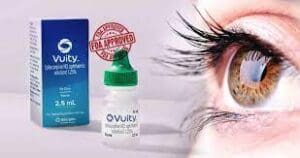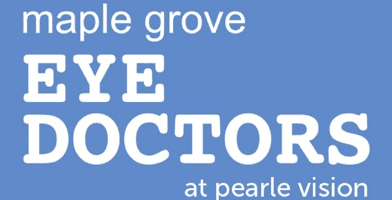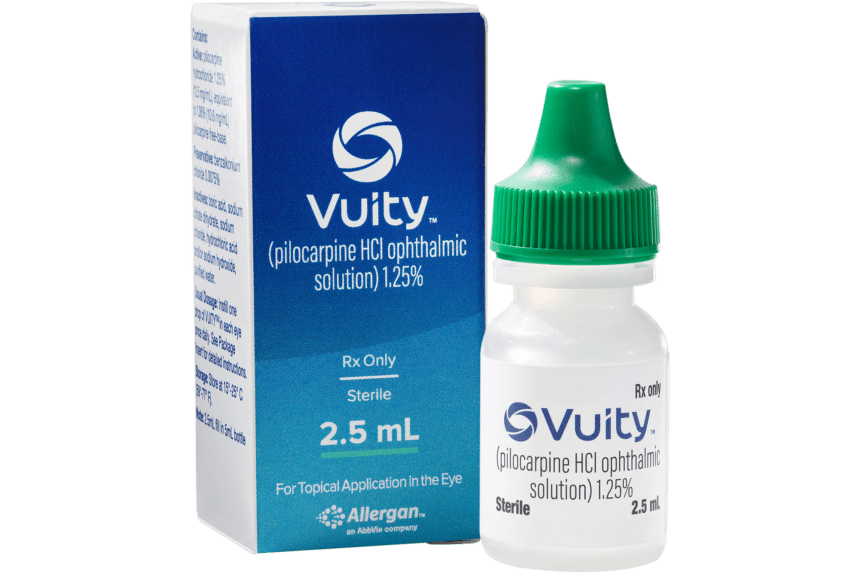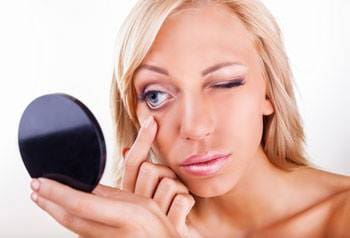Vuity, a newly approved eye drop hit the market today that could possibly treat people with age-related blurred near vision, a condition affecting mostly people 40 and older.

Vuity, which was approved by the Food and Drug Administration in October, could potentially replace reading glasses for some of the 128 million Americans who have trouble seeing close-up. The new medicine takes effect in about 15 minutes, with one drop on each eye providing sharper vision for six to 10 hours, according to the company.
Vuity is the first FDA-approved eye drop to treat age-related blurry near vision, also known as PRESBYOPIA. The prescription drug utilizes the eye’s natural ability to reduce its pupil size, said Dr. George Waring, the principal investigator for the trial.
“Reducing the pupil size expands the depth of field or the depth of focus, and that allows you to focus at different ranges naturally,” he said.
A 30-day supply of the drug will cost about $80 and works best in people 40 to 55 years old, a Vuity spokesperson said. Side effects detected in the three-month trial included headaches and red eyes, the company said.
Other possible side effects of pilocarpine ophthalmic (the drug used in Vuity drops)
- severe stinging, burning, swelling, or redness of your eye;
- vision changes;
- eye pain or increased watering; or.
- signs of eye infection –swelling, redness, severe discomfort, crusting or drainage.

“Vuity is by no means a cure-all, and the maker does caution against using the drops when driving at night or performing activities in low-light conditions. The drops are for mild to intermediate cases of presbyopia and are less effective after age 65, as eyes age. Users may also have temporary difficulty in adjusting focus between objects near and far.
As of now, the drug is not covered by insurance. Doctors who spoke with CBS News said it’s unlikely that insurance will ever cover it because it’s not “medically necessary,” as glasses are still a less expensive alternative.
SO, what does our team of doctors think about Vuity?
People will likely need to use drops in addition to glasses, contacts, and surgery. Eye drops won’t reverse presbyopia or slow it down, either. They also can’t help with other age-related eye problems like cataracts.






